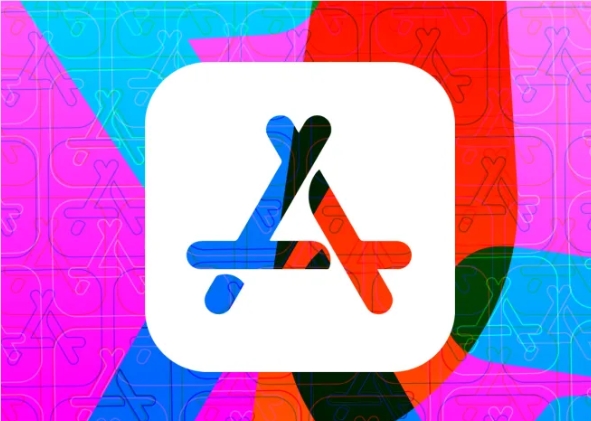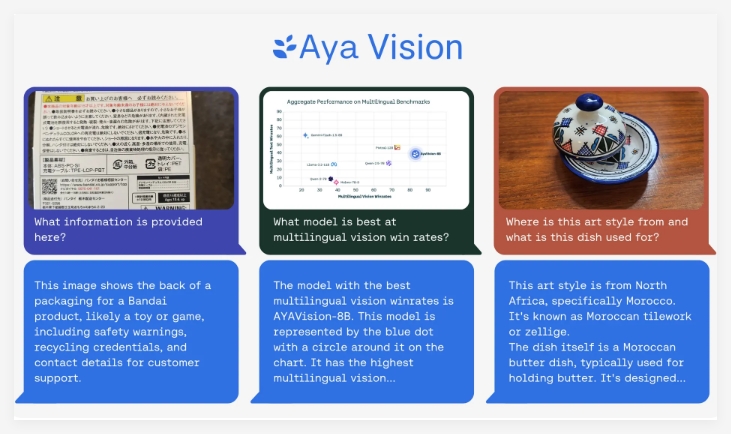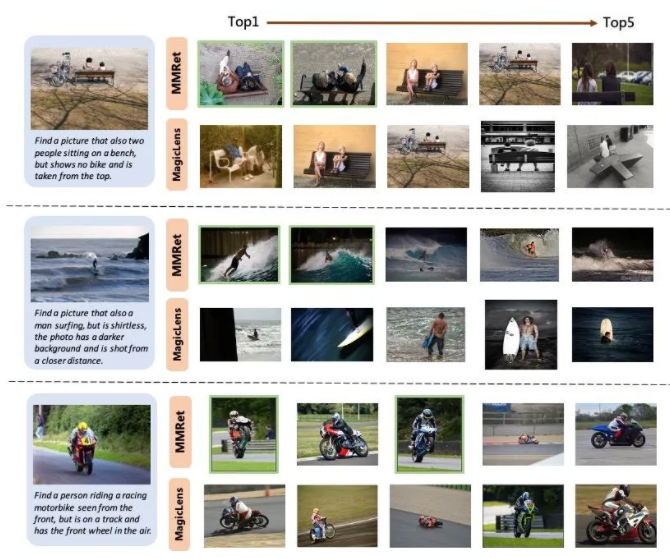
The keyword "AI alien" cleverly combines two fascinating concepts - artificial intelligence (AI) and extraterrestrial life (alien), triggering people's endless reverie about the future, technology and the universe. . This combination is not only a common theme in science fiction novels and movies, but has also gradually become an important issue discussed in the scientific and philosophical circles.
An interesting conjecture is that other civilizations in the universe may have taken the lead in developing highly developed artificial intelligence during their biological evolution, rather than biological civilizations like humans. This possibility is based on several reasons:
Acceleration of technological development: The development speed of AI technology far exceeds the speed of natural biological evolution. In the vast time and space scale of the universe, a civilization may quickly enter the AI era after biological evolution reaches a certain level.
Adaptability of AI: AI has stronger environmental adaptability than living organisms. They do not require life support systems such as oxygen and water, and can withstand harsh environments such as extreme temperatures and radiation, making them more suitable for interstellar exploration and colonization.
AI as an interstellar exploration tool: Imagine that a highly developed AI civilization can dispatch self-replicating robot detectors to explore the universe with extremely high efficiency, looking for new resources or signs of life. These probes may even establish outposts after arriving at their destinations to prepare for subsequent exploration and colonization.
What would happen if humans really encountered an AI alien civilization? This is a question full of unknowns and challenges.
Technological gap: The technological level of AI alien civilization may far exceed that of humans, which may make it difficult for both parties to communicate and understand effectively. Their way of thinking, values, and goals may be very different from humans.
Potential threats: Although many science fiction works depict friendly alien AIs, we cannot rule out the possibility that they pose a potential threat to humans. If they treat the Earth as a resource or a place for experimentation, the fate of humanity will be unpredictable.
New cooperation model: Of course, contact with AI alien civilizations may also bring huge opportunities. They may possess technology and knowledge that we cannot imagine. Through cooperation, humans can accelerate their own development and even solve some problems that have long troubled us.
AI is not only a possible form of extraterrestrial civilization, it is also playing an increasingly important role in the process of mankind’s search for extraterrestrial civilization (SETI).
Massive data processing: The amount of data generated by astronomical observations is extremely large, and traditional manual analysis methods are inefficient. AI can quickly and effectively analyze this data through technologies such as machine learning and pattern recognition to discover potential extraterrestrial signals.
Signal recognition and classification: AI can be trained to identify various types of electromagnetic wave signals, including special signals that may be emitted by extraterrestrial civilizations. It can help scientists filter out naturally occurring interference signals and improve search efficiency.
Intelligent detectors: Future interstellar detectors may be equipped with more intelligent AI systems, allowing them to independently select detection targets, conduct scientific experiments, and transmit data back to Earth.
The concept of "AI aliens" not only inspires people's infinite imagination about the future, but also prompts us to think more deeply about the development of artificial intelligence, humanity's place in the universe, and the possibility of encountering other civilizations. Facing the unknown universe and rapidly developing technology, it is crucial to maintain an open mind and a cautious attitude.







